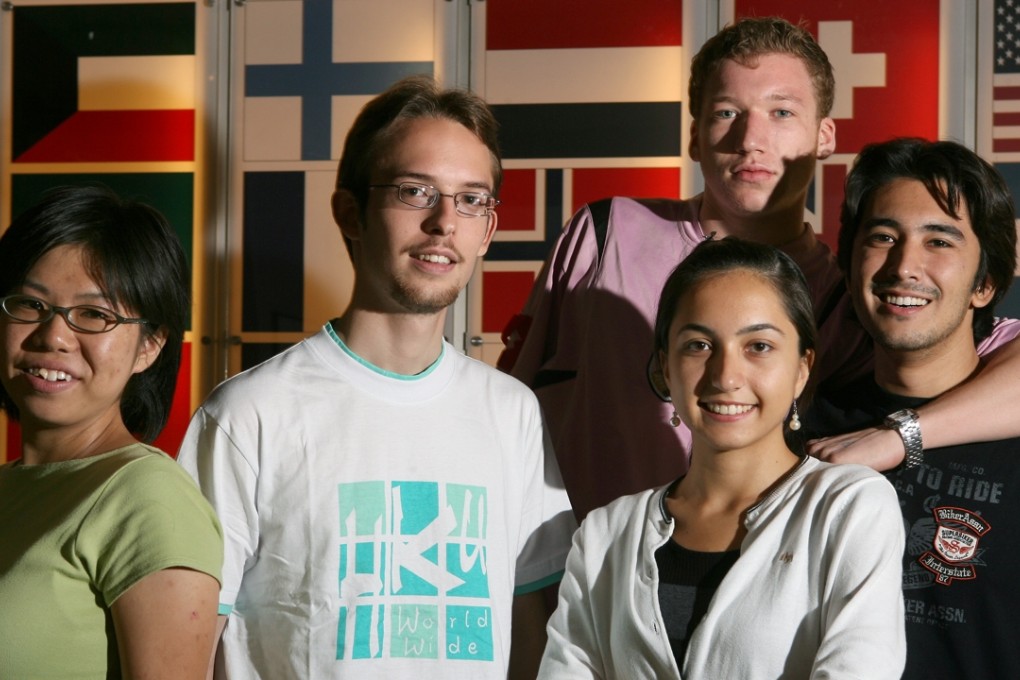Don’t overlook the strategic value of HK$1b scholarship fund for ‘One Belt, One Road’ students
Gary Wong says criticism of Leung Chun-ying’s scheme is short-sighted, as it can boost Hong Kong’s soft power – so long as the government funds it responsibly

One of the most controversial policies of Chief Executive Leung Chun-ying’s recent policy address was the plan to inject HK$1 billion into scholarships for students in countries along “One Belt, One Road” to study at Hong Kong universities. The government unveiled plans to add 10 scholarship places each year, until there are 100 recipients.
READ MORE: Hong Kong leader reveals details of the city’s game plan for One Belt, One Road strategy
How can the government justify the scheme to the public and narrow-minded politicians who seem to lack a strategic vision?
The proposal has attracted a lot of criticism. Some politicians and members of the general public complain that the scholarship ignores the needs of local students, while others believe Hong Kong is simply seeking to please Beijing. There are even those who claim it is a violation of Article 106 of the Basic Law because the scholarship funds would not be for Hong Kong’s own needs.

For the answer ,we should look to Harvard academic Joseph Nye’s theories of “hard” and “soft” power. Nye proposed, among other ideas, that economically robust countries and regions that do not have military hard power should consider setting up scholarships for overseas talent to strengthen their soft power. He sees this as an effective foreign policy tool to promote cultural exchanges, attract international talent and also stimulate economic growth.
As early as 1953, the British government was already granting scholarships to foreign students. One of the most famous is the Chevening Scholarship, which began in 1983 and aims to build long-term and positive relations between the UK and future leaders of the world in order to strengthen the country’s diplomatic goals and increase its soft power.

It can push local universities into embracing internationalisation, with a move away from just accepting mainland students
The UK has three scholarship schemes. Total expenditure amounted to £73 million in 2015, a 62 per cent increase on the 2014 figure.
